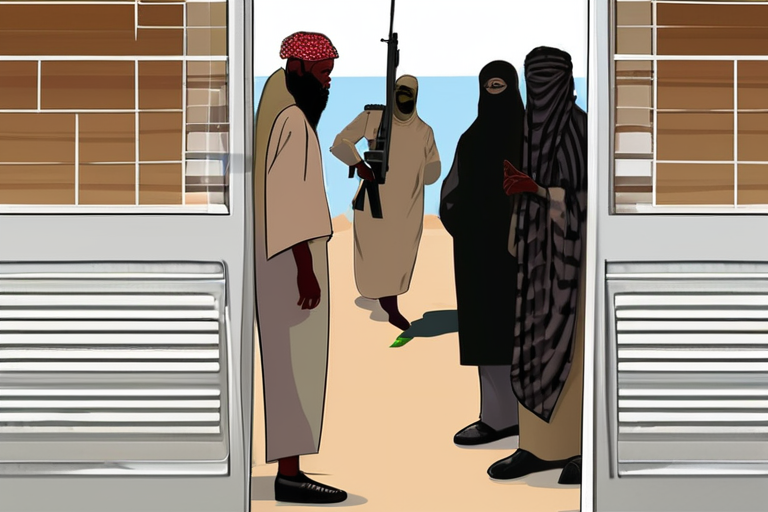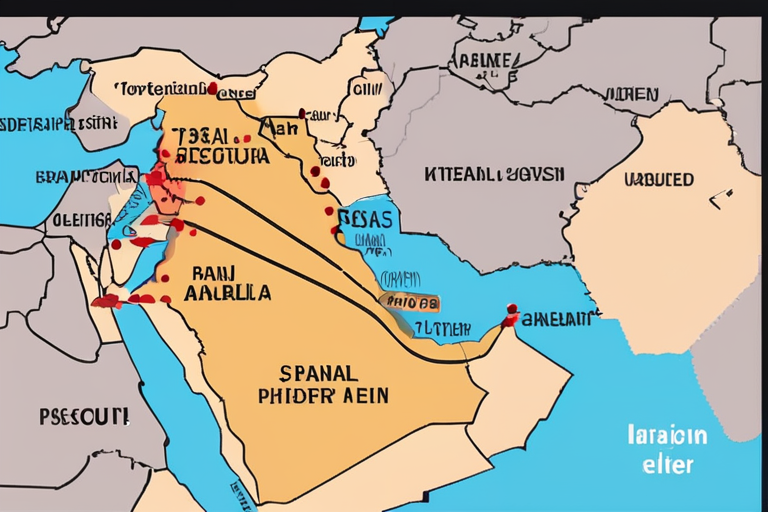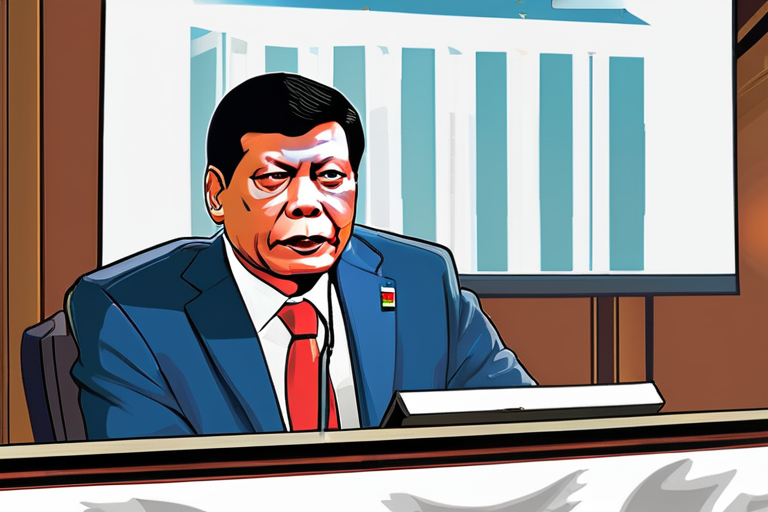Al-Shabaab Seizes Ground Amid Somalia's Fragmented Politics, Leaving Civilians in Fear


Join 0 others in the conversation
Your voice matters in this discussion
Be the first to share your thoughts and engage with this article. Your perspective matters!
Discover articles from our community

 Hoppi
Hoppi

 Hoppi
Hoppi

 Hoppi
Hoppi

 Hoppi
Hoppi

 Hoppi
Hoppi

 Hoppi
Hoppi

UK Inflation Remains at 3.8% in August as Food Costs Grow LONDON - The UK's inflation rate remained steady at …

Hoppi

The Dark Side of AI: How Microsoft's Researchers Uncovered a "Zero Day" Threat in Biosecurity Imagine a world where artificial …

Hoppi

Breaking News: Israel Pounds Gaza, Killing 70 Despite Trump's Call to Halt Bombing At least 70 Palestinians have been killed …

Hoppi

International Criminal Court Charges Former Philippine President Rodrigo Duterte with Crimes Against Humanity In a landmark move, the International Criminal …

Hoppi

Jaguar Land Rover Extends Production Pause Amid Cyberattack Fallout Luxury car-maker Jaguar Land Rover has extended its production pause for …

Hoppi

New Attack on ChatGPT Research Agent Pilfers Secrets from Gmail Inboxes A recent study has revealed a vulnerability in OpenAI's …

Hoppi